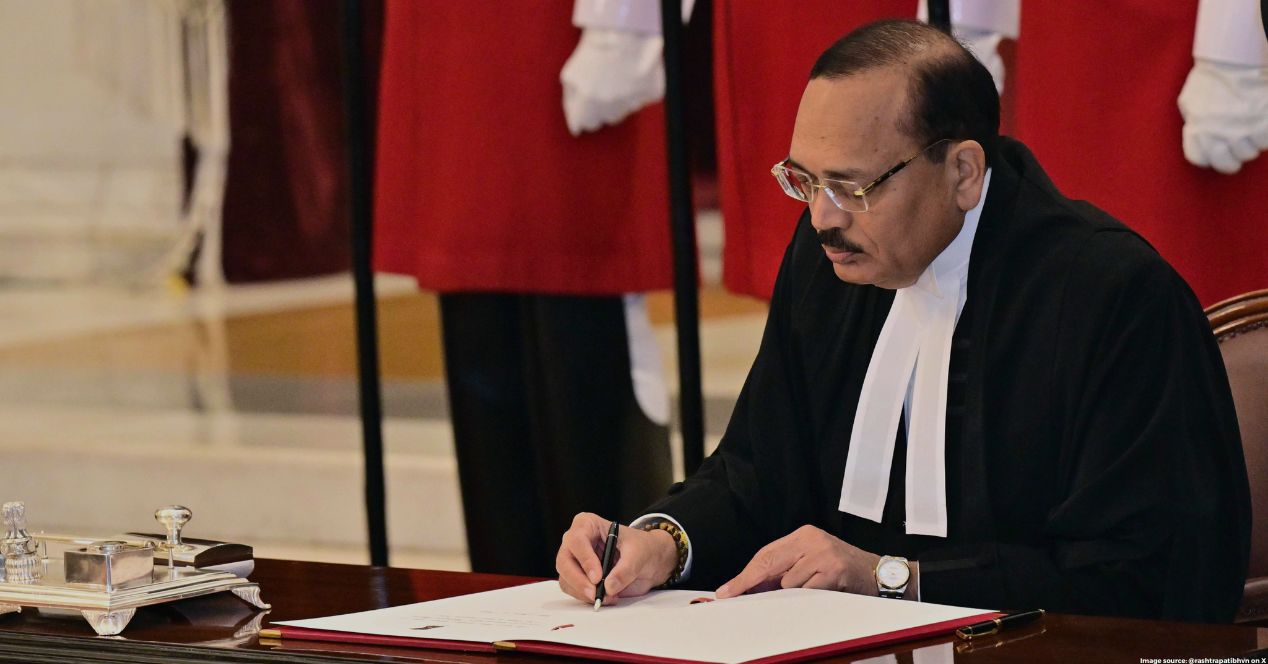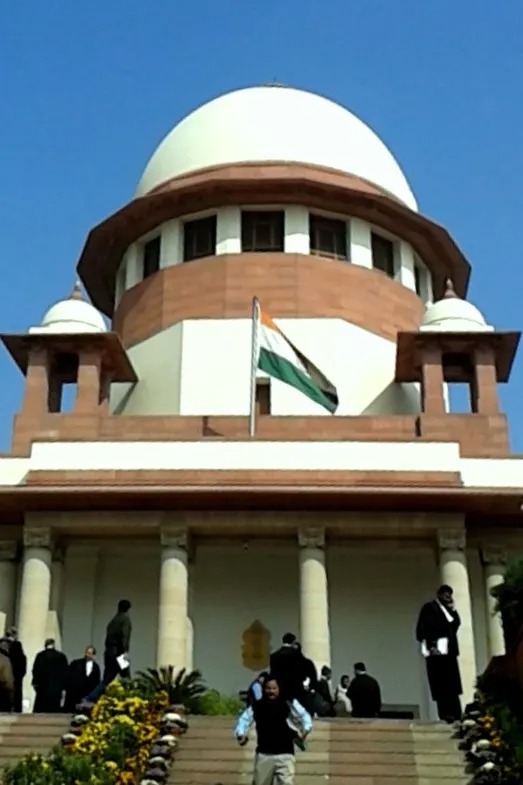Walmsley, J.@mdashThis appeal arises out of a dispute about the cost of erecting a house. The plaintiff built a house for the defendant, and be sued to recover Rs. 606-7-0 for labour and materials and Rs. 188 for interest. The first Court gave him a decree for Rs. 308-14 with interest at 6 per centum. Both sides appealed, and the learned District Judge made a slight modification in favour of the plaintiff, but dismissed the defendant''s appeal.
2. The defendant has preferred this second appeal. Two arguments are put forward on her behalf, one relates to the amount to be deducted from the plaintiff''s bill in consideration of the bricks provided by the defendant, and the other is as to the defendant''s liability for interest.
3. So far as the bricks are concerned, the learned Judge''s finding as to the number supplied is one which cannot be challenged in this Court.
4. The argument that the defendant is not liable for interest raises a more substantial question. The learned Munsif allowed interest as the sum was withheld from the plaintiff for a long time. The learned Judge takes the same view; he says that the sum duo to the plaintiff was due for work done, and that for the unlawful detention of that money the plaintiff is entitled to interest by way of damages, and in support of this view he quoted the case of Mathura Prosad v. Rukmini Koer 13 Ind. Cas. 148 : 17 C.L.J.
5. It is to be observed that no attempt is made to justify the order awarding interest by reference to Act XXXII of 1839. It would, in fact, he impossible to do so, for there is no written statement and no demand in writing.
6. Again neither of the Courts below professes to rely on Section 73 of the Contract Act. The learned Vakil who appears for the respondent, however, argues that that section, especially in the light of illustration (n), warrants the order. That argument was answered by the learned Judges who decided the case of Kamalammal v. Peeru Meera Levvai Rowthen 20 M. 481 : 7 M.L.J. 263. I may also refer to the judgment of Banerjee, J., in the case of Surja Narain Mukhopadhya v. Pratap Narain Mukhopadhya 28 C. 955 where he pointed out that Section 73 of the Contract Act requires the creditor to prove actual loss. In the present case it is not alleged that the plaintiff sustained actual loss; e. g., that he had to borrow money to carry on his business while he waited for the defendant to pay him. In my view, therefore, the order making defendant liable for interest cannot be sustained under the Contract Act.
7. We are thrown back on a third ground, a so-called equitable principle that when a debtor withholds payment of money due, the creditor is entited to interest. The learned Judge does not use the words equitable principle, but they have been used in addresses to the Court in cases where the same argument has been advanced. The principle sounds reasonable, but it runs counter to the general rule of English law that interest by way of damages is not recoverable for the mere wrongful detention of an ordinary debt. It was examined in the Madras case already quoted, and it was rejected and the Calcutta case, which the learned District Judge says is distinguishable, seems to me very important, In that case the trial Judge said: "There is no express contract to pay interest; however, I would allow the plaintiff to recover interest as he has been so long deprived of his use of the money." this Court set aside the order awarding interest, and Maclean, C.J., after holding that the case could not come-under Act XXXII and remarking that the order was not supported by reference to the Contract Act, said that it was difficult to see upon what ground interest had been allowed.
8. It is true that there are several reported cases in which a contrary view appears to have been taken. Among them is the decision of the Privy Council in the case of Chajmal Das v. Brij Bhukhan Lal 17 A. 511 (P.C.) : 22 I.A. 199 : 6 Sar. P.C.J. 624 but that was a case that came within the provisions of Act XXXII of 1839. Some of the other cases can be distinguished; others, I must admit, it would be difficult to distinguish.
9. I think we ought to follow the decision in Surendra Kumar Basu''s case (1) and allow the appeal so far as the claim in respect of interest is concerned. As success is divided, I would order each party to bear his own costs.
Shamsul Huda, J.
10. The plaintiff in this case is clearly not entitled to any interest under the Interest Act. But that, in my opinion, does not debar him from claiming interest by way of damages u/s 73 of the Contract Act. In this case, however, the plaintiff did not claim interest by way of damages in the plaint, nor does it appear that the question regarding the measure of damages was raised in the issues.
11. Under these circumstances I agree with my learned brother in holding that the plaintiff is not entitled to any interest before the date of suit.

